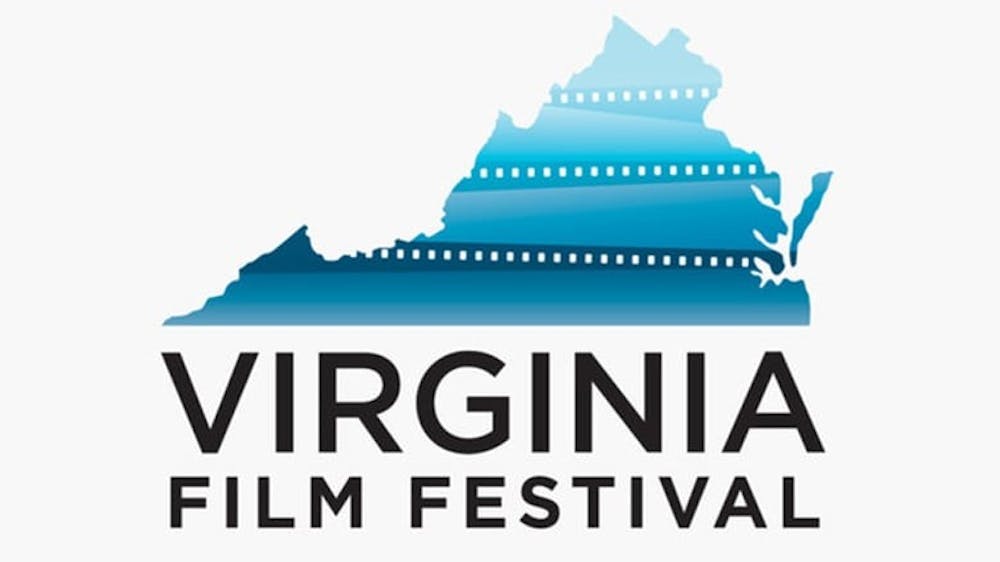Now in its 31st year, the Virginia Film Festival offers an excellent opportunity for students to interact with the community beyond Grounds, whether by venturing to a theater in a new part of town or joining film discussions with students, faculty and locals. This year in particular offers several documentaries surrounding race, politics, life as a refugee and personal stories which seek to unify Charlottesville.
In just four days, the festival will put on 150 films. These five — a combination of local documentaries and national headliners — make a strong starting watchlist.
“Charlottesville” (2018): Nov. 3, 4 p.m. at the Paramount Theater
For those who wish to take an unflinching look into the white supremacist rallies of Aug. 11 and 12, this documentary examines Charlottesville in the wake of violence. Featuring first-person interviews of victims and witnesses, the film explores each individual and community paths to recovery. A community address from Martin Luther King III and a discussion moderated by Larry Sabato, director of the Center for Politics, will accompany the film.
“Virginia 12th” (2018): Nov. 3, 10 a.m. at the Paramount Theater
A NowThis documentary at the nexus of divided politics and personal tragedy, “Virginia 12th” follows Chris Hurst, former news anchor at Roanoke, Va.’s WDBJ-7. Hurst became known across the nation after his fiancee and fellow reporter and another co-worker were murdered during a live newscast. The film follows Hurst as he leaves journalism to run in the 12th District Virginia House of Delegates race. A discussion with Chris Hurst himself, director and Virginia native Tim Johnson, NowThis president Athan Stephanopoulos and Leslie Cockburn — Democratic candidate for Virginia’s Fifth Congressional District — will accompany the film.
“Know Your Neighbor” (2018): Nov. 4, 7:15 p.m. at the Jefferson School African American Heritage Center
This film follows nine Charlottesville locals who are war refugees, including special immigrant visa holders, documented and undocumented immigrants. Through open conversation and insight into an under-discussed section of the local community, the film seeks to unite and celebrate Charlottesville. Directors Aaron Farrington and Abel Okugawa will participate in a discussion after the film.
“Little Woods” (2018): Nov 4, 8:15 p.m. at Alamo Drafthouse Cinema 4
In this directorial debut of New York-based Nia Decosta, a star-studded female cast, including Tessa Thompson and Lily James, takes center stage. Ollie (Thompson) illegally procures Canadian medication and healthcare access in order to support her North Dakotan town. When the police catch on, she must abandon her work — until a plea from her sister Deb (James) drags her deeper into the operation. For those who love a good Western, this film offers a sharp take on a classic genre.
“If Beale Street Could Talk” (2018): Nov. 4, 4 p.m. at the Paramount Theater
This new addition to the festival follows young fiances Tish (Kiki Layne) and Fonny (Stephan James) through 1970’s Harlem. When Fonny is falsely accused of a crime, he is unjustly separated from a pregnant Tish, who fights to prove his innocence. From director Barry Jenkins of the Academy-Award winning “Moonlight,” the film is sure to live up to the hype.







